maastrichtuniversity.nl/ai-lopez-garcia

With @jeromevalette.bsky.social & Jesús Fernández-Huertas Moraga, we are happy to announce the CfPapers for the
4th edition of the Junior Workshop on the Economics of Migration
on May 26-27, 2026 @uc3meconomics.bsky.social, Spain.
Submit until February 1, 2026 on economig2026.sciencesconf.org

With @jeromevalette.bsky.social & Jesús Fernández-Huertas Moraga, we are happy to announce the CfPapers for the
4th edition of the Junior Workshop on the Economics of Migration
on May 26-27, 2026 @uc3meconomics.bsky.social, Spain.
Submit until February 1, 2026 on economig2026.sciencesconf.org


Read the full op-ed by ICTD's Vanessa van den Boogaard, along with Ana Isabel Lopez Garcia, for Foreign Policy ⬇️
ow.ly/HwO350WF9Vx
#TaxExperts

Read the full op-ed by ICTD's Vanessa van den Boogaard, along with Ana Isabel Lopez Garcia, for Foreign Policy ⬇️
ow.ly/HwO350WF9Vx
#TaxExperts
@devandchg.bsky.social

@devandchg.bsky.social



"The Education-Innovation Gap"
🧵🧵🧵
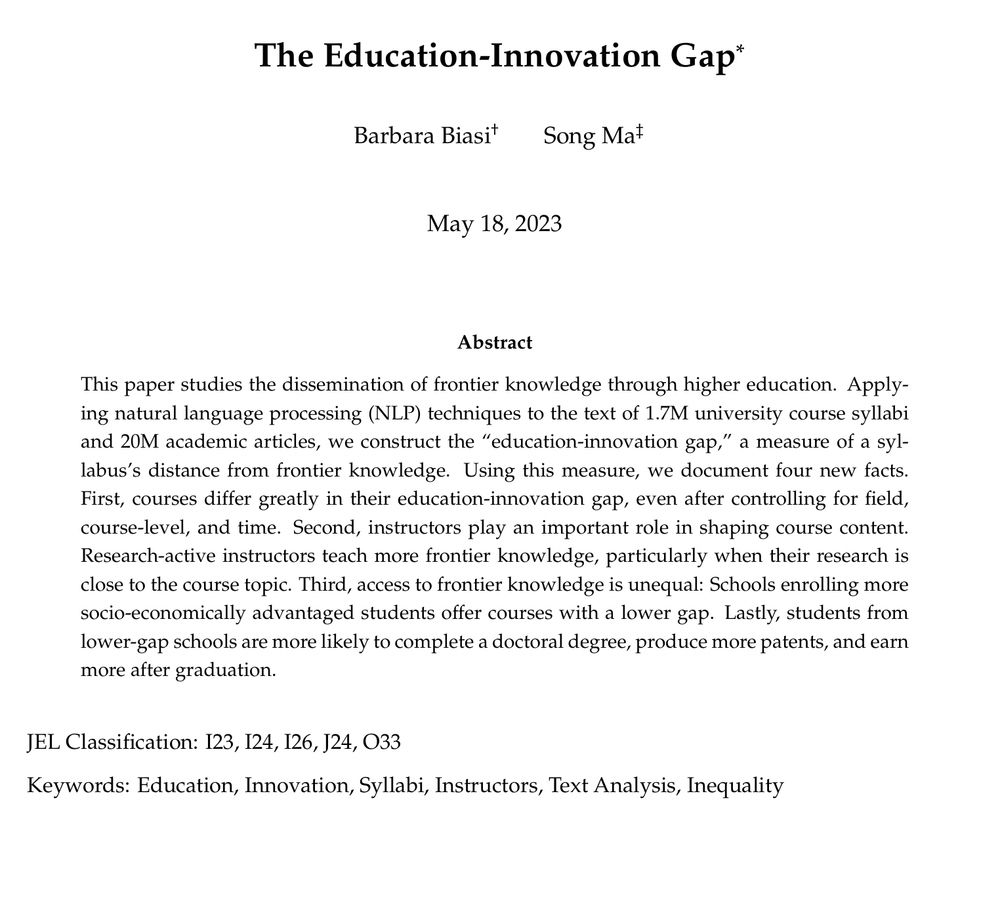
"The Education-Innovation Gap"
🧵🧵🧵
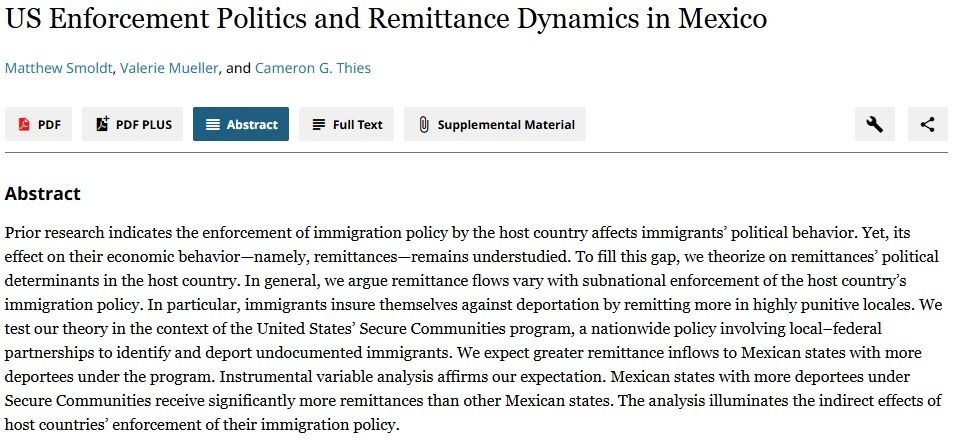

doi.org/10.1111/dech...
Paper in @devandchg.bsky.social by @nuffieldcollege.bsky.social alumna @anaisgarcia.bsky.social Her study shows remittances increase local tax contributions in Latin America/Caribbean

doi.org/10.1111/dech...
Paper in @devandchg.bsky.social by @nuffieldcollege.bsky.social alumna @anaisgarcia.bsky.social Her study shows remittances increase local tax contributions in Latin America/Caribbean
@itsmarirodriguez.bsky.social explores what new survey data from COL and PER reveal about the Venezuelan diaspora: tinyurl.com/u47jyf4m
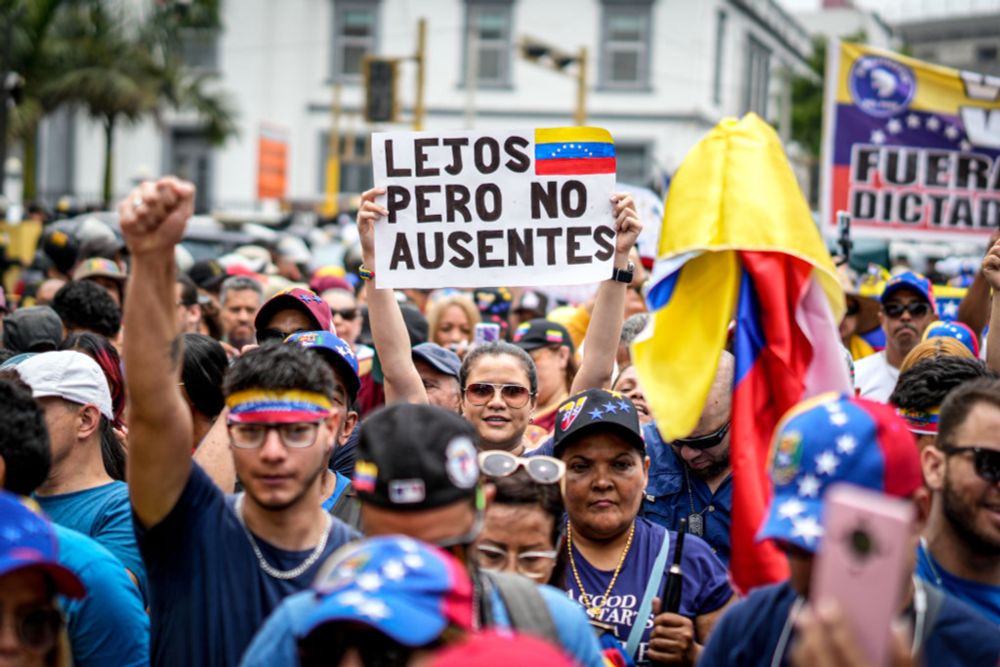
@itsmarirodriguez.bsky.social explores what new survey data from COL and PER reveal about the Venezuelan diaspora: tinyurl.com/u47jyf4m

Here's how we can maximize their impact for development, according to @helen-dempster.bsky.social & @samhuckstep.bsky.social:
bit.ly/4j42Fo1

Here's how we can maximize their impact for development, according to @helen-dempster.bsky.social & @samhuckstep.bsky.social:
bit.ly/4j42Fo1
A big thank you to our participants, read more about the event: go.unu.edu/R9p34
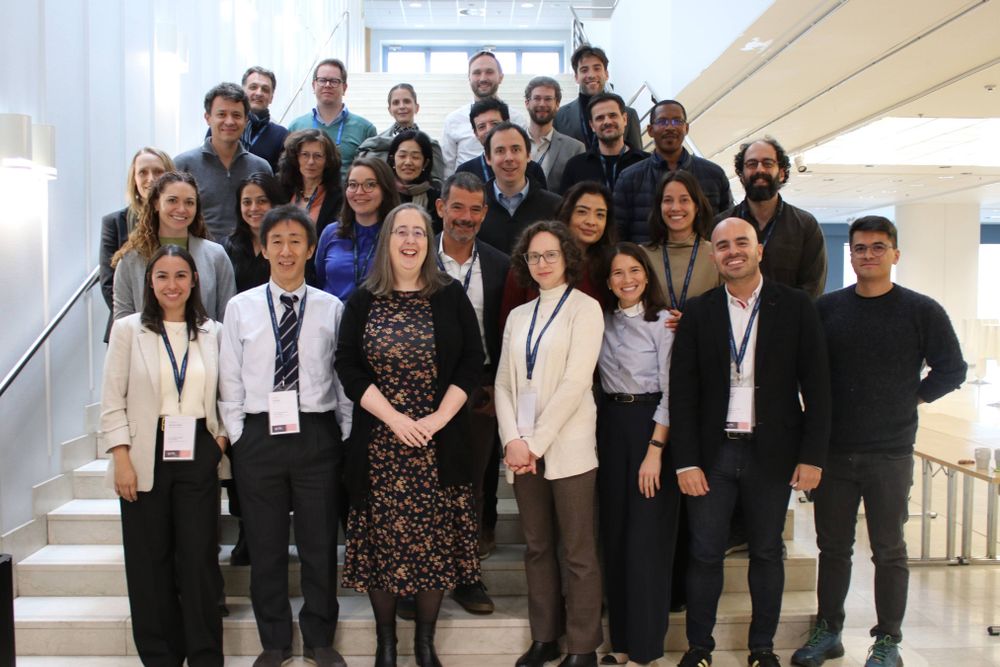
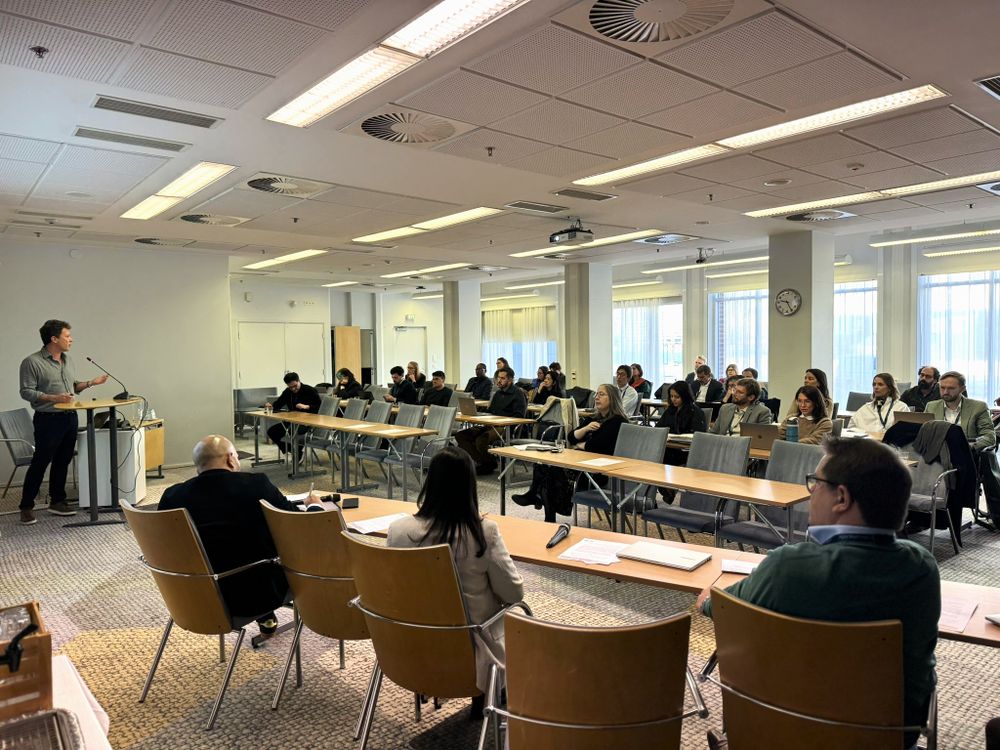
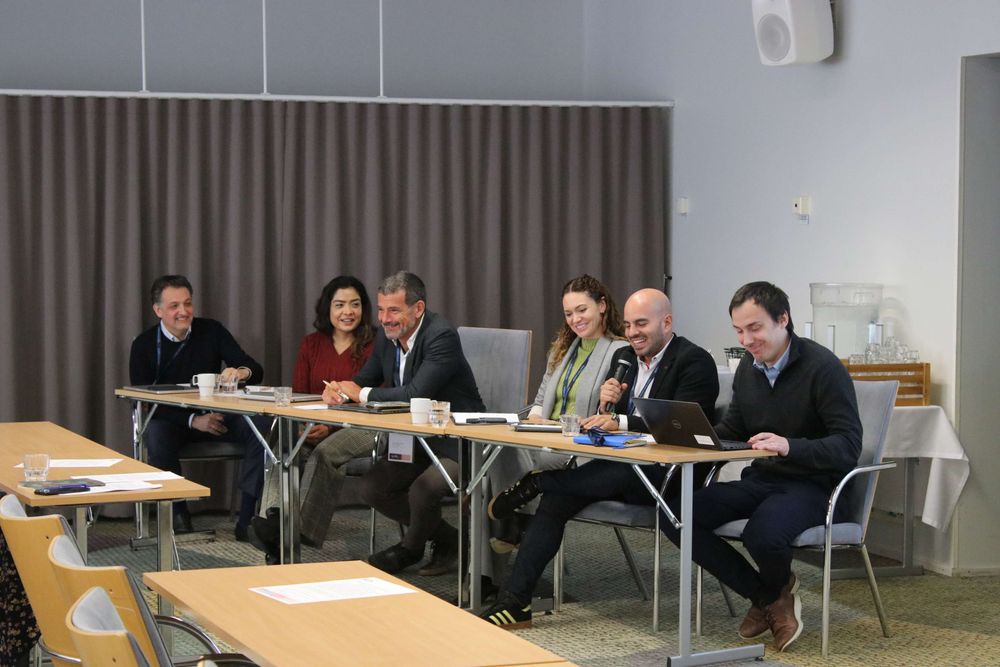
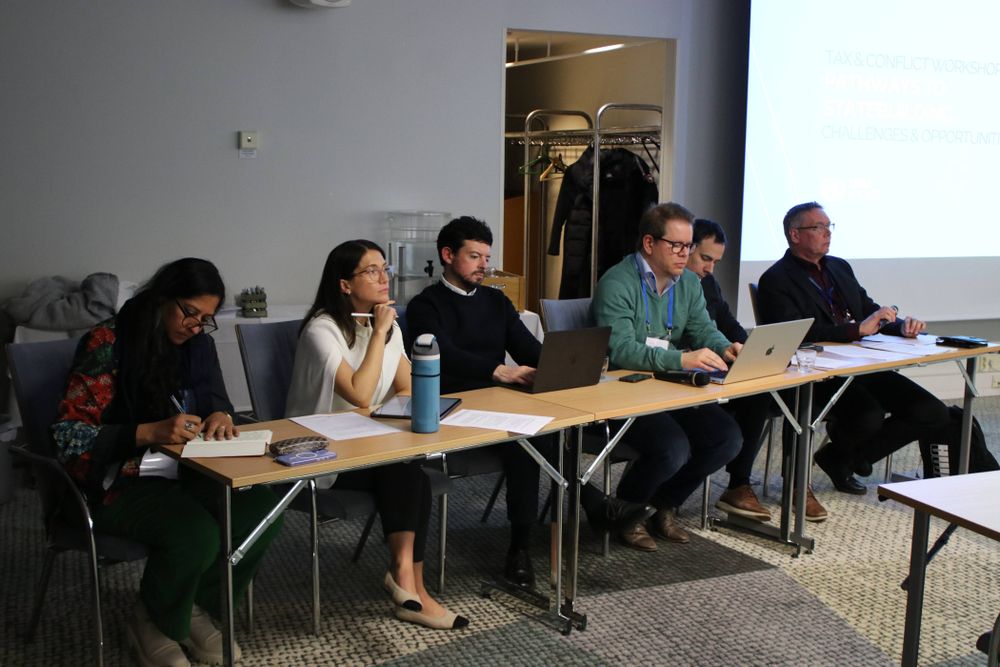
A big thank you to our participants, read more about the event: go.unu.edu/R9p34

@ictdtax.bsky.social

@ictdtax.bsky.social


link.springer.com/article/10.1...

link.springer.com/article/10.1...

In other words, the returns to being trustworthy are lower for the immigrant
By Cettolin+Suetens in EJ—> doi.org/10.1111/ecoj...



In other words, the returns to being trustworthy are lower for the immigrant
By Cettolin+Suetens in EJ—> doi.org/10.1111/ecoj...

